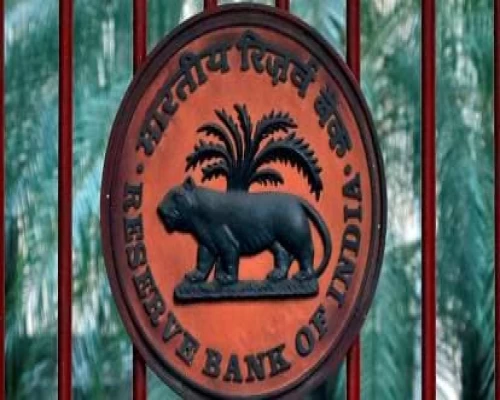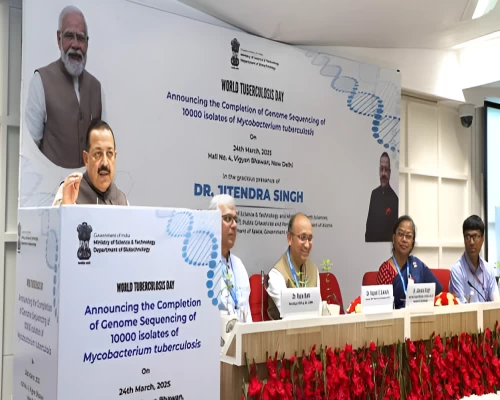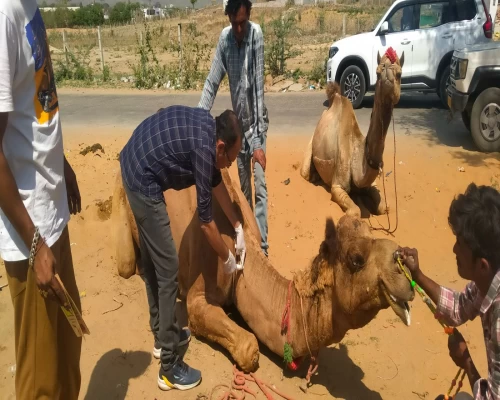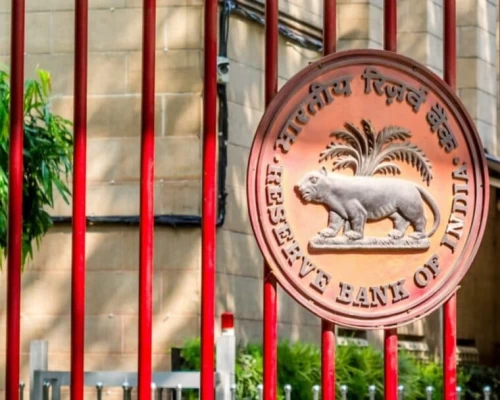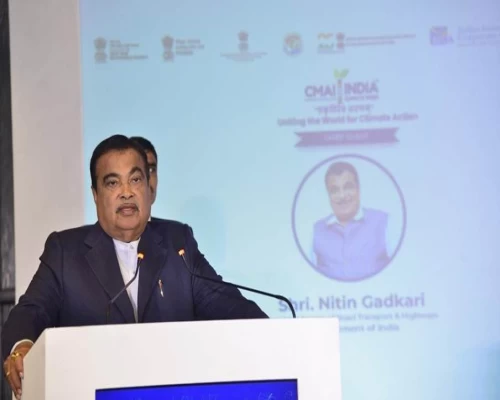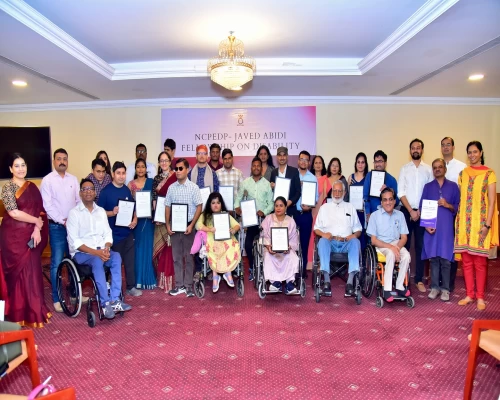
World Environment Day, celebrated annually on June 5th, holds great significance for the Indian seed industry. It serves as a reminder of the industry's crucial role in promoting sustainable agriculture, ensuring food security, and addressing pressing environmental challenges. In response to the escalating challenges posed by climate change, the Indian seed industry is championing an unbiased, science-based policy approach and emphasizes the need to establish sustainable agri-food systems and promote research and innovation. Indian agriculture, already grappling with various climate-induced stress, faces more hurdles such as reduced resource availability and increasing pest resistance. But a conducive policy environment will boost investments in R&D, to find sustainable solutions to mitigate these challenges.
The private seed industry plays an important role in India’s agri-food system. Today, as the nation contends with climate change, erratic weather patterns, pests, diseases, and dwindling resources, the seed industry remains committed to ensuring sustainability and food security while enhancing farmers' livelihoods.
A Clarion Call for boosting R&D Investments in seed sector
The seed industry advocates enabling policies that encourage investments in R&D, foster adoption of agri-biotechnology, and incentivize the seed industry’s efforts. Wards. By developing crop varieties resistant to pests, herbicides, and diseases, and tolerant to harsh weather conditions, the seed industry plays a crucial role in balancing environmental sustainability with food security and strengthening farmer livelihoods.
Investing in research and development allows the seed industry to build resilience in agriculture. This is achieved by reducing reliance on pesticides, developing climate-resilient crop varieties, and decreasing greenhouse gas emissions, enabling farmers to cultivate crops in challenging environments. An example is the development of new rice seed varieties for example, amenable for DSR (Direct Seeded Rice) method by the industry that addresses water scarcity. By 2035, an additional 114 million tons of milled rice will be required to uphold food security. However, with limited land and dwindling water resources, expanding paddy cultivation through traditional methods is not desirable. The introduction of drought-tolerant seed varieties has been crucial in water-scarce regions. These seeds require less water, helping conserve this vital resource. For example, drought-tolerant rice varieties have been shown to reduce water usage by 30%, which is critical in regions facing water shortages.
Innovations in seed treatments, provide effective crop protection against pests and diseases, improved germination, uniform growth, and enhanced stress tolerance, promoting ecosystem health. Similarly, by enhancing resource use efficiency, agri-biotechnology solutions enable farmers to maximize yields while optimizing use of various inputs, thus conserving valuable resources such as water and energy. Quality seed contributes 15-20% to total production in Indian agriculture, and its contribution can be raised up to 45% with efficient management of other inputs.
Moreover, the development of genetically modified and gene edited crops has shown promise in developing drought tolerant varieties and enhancing productivity even in adverse conditions. These innovations not only contribute to food security but also play a critical role in mitigating the impacts of climate change on agriculture. Embracing new innovations like these is important for fostering growth and resilience in the agri-food ecosystem in the face of evolving environmental challenges and for ensuring sustainable and prosperous farming systems. For example, the adoption of hybrid seeds and improved open-pollinated varieties (OPVs) has led to yield improvements of 20-30% for crops like maize and rice, contributing to higher productivity and sustainability thereby eliminating the need to convert more land for cultivation. Similarly, Bt cotton has led to optimized (up to 50% less) use of pesticides, lowering environmental footprint and resulting in huge cost savings for farmers.
The Need for a Supportive Policy Environment
While the industry is proactive in R&D and investments, it is imperative to create a policy framework that incentivizes seed companies to invest in research and development. This will drive innovation within the sector. As the Indian seed industry is anticipated to expand to US$5.01 billion by 2030, it becomes paramount that companies feel empowered and incentivized to channel investments into R&D.
World Environment Day serves as a powerful reminder of the Indian seed industry's commitment to sustainable agriculture and environmental consciousness. Through continuous innovation, collaborative efforts, and a dedication to responsible practices, the industry plays a vital role in ensuring food security and a healthier planet. By advocating for a supportive policy environment for encouraging investments in research and innovation, the industry is poised to drive significant advancements in sustainable agriculture. As we reflect on the importance of World Environment Day, it is crucial to recognize and support the vital role of the seed industry in building a resilient and sustainable future for India’s agriculture and food systems.
Raghavan Sampathkumar is the Executive Director of Federation of Seed Industry of India (FSII)





